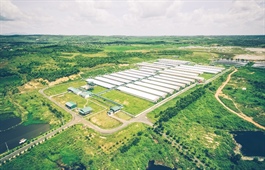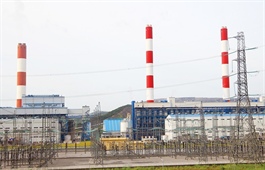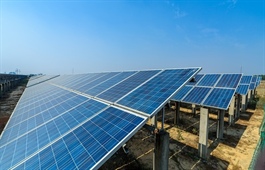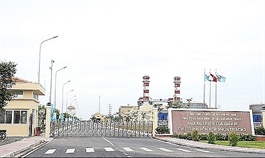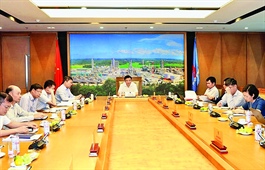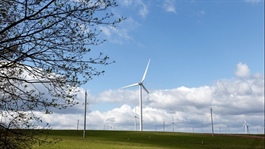RCEP rules of origin benefit key Vietnamese exports
RCEP rules of origin benefit key Vietnamese exports
The 2020 Regional Comprehensive Economic Partnership (RCEP) is expected to bring substantial benefits to Vietnam’s exports thanks to easier rules of origin compared to other free trade agreements, mostly for garments and textiles, farm produce and aquatic products.
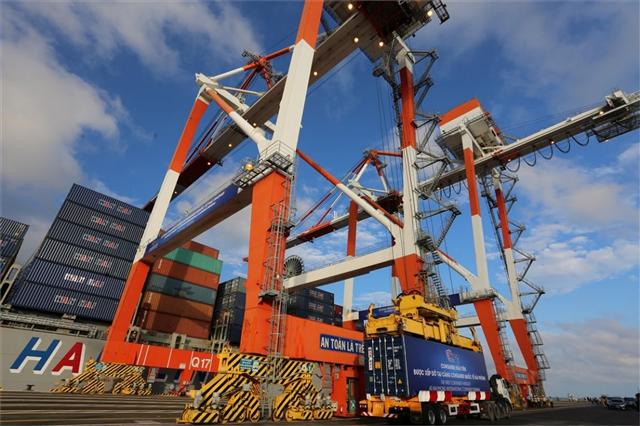
RCEP is expected to create the world’s largest trade area
|
Easier rules of origin
According to the RCEP, a product shall be treated as an originating good if it is wholly obtained or produced in one of the 15 signatory nations; produced in a party exclusively from originating materials from one or more of the parties; produced in a party using non-originating materials, but satisfies the applicable requirements set out in product-specific rules.
In addition to the regional value content (RVC) or a change in tariff classification (CTC), the chemical reaction rule (CR) is applied to some chemical products.
The proofs of origin include a certificate of origin (C/O) issued by an issuing body, a declaration of origin by an approved exporter, and a declaration of origin by an exporter or producer. RCEP member countries (excluding Cambodia, Laos and Myanmar) should implement a declaration of origin by an exporter or producer no later than 10 years after their respective dates of entry into force of the RCEP.
Tran Ngoc Binh, head of the Ho Chi Minh City Office of Export-Import Management under the Ministry of Industry and Trade’s Agency of Foreign Trade, said the RCEP is not designed to expand export markets, it is expected to bring substantial benefits to Vietnam’s exports, especially garments and textiles, farm produce and aquatic products, thanks to easier rules of origin compared to other free trade agreements.
Specifically, with the RCEP, Vietnam could enjoy tax incentives on exports to Japan even when importing cloth from non-member states, then cutting and sewing to make products. Similarly, Vietnam could import breeding varieties from other countries, raise them domestically, and then export them to enjoy preferential tariffs.
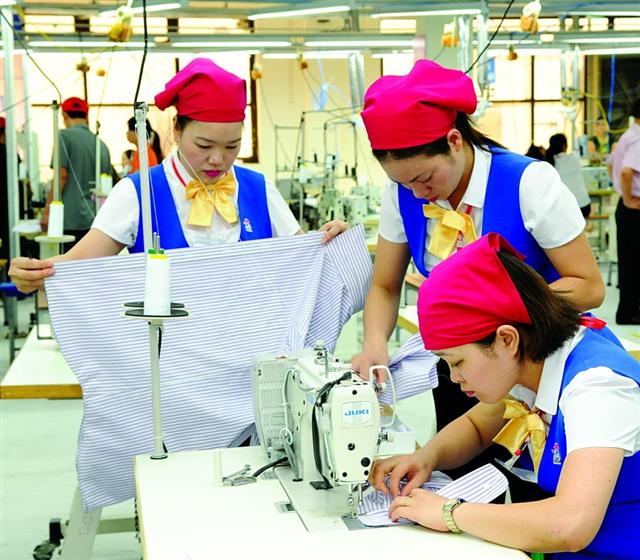
RCEP provides opportunities for Vietnam’s garment and textile sector
|
Cracking down on fraud
Major incentives under free trade agreements have resulted in the counterfeiting of C/Os. Vietnam International Arbitration Center (VIAC) Arbitrator Bui Van Thanh said origin fraud is popular in the RCEP bloc, focusing on acts of fraud and forgery of C/Os from countries exporting to Vietnam; acts of fraud and forgery of Vietnam’s C/Os; and labeling products with Vietnamese origin before importing into Vietnam for consumption.
Thanh noted that a C/O issuing body is an entity designated or authorized by a party to issue a C/O and notify the issuance to the other parties. Businesses are recommended to find reliable partners to limit the risks of origin fraud. In addition, the trade deal also encourages the settlement of disputes through negotiations, consultations and conciliation.
| With commitments to opening markets to goods, services, and investment, simplifying customs procedures, and establishing rules of origin to facilitate trade and reduce trade barriers, the RCEP is expected to create the world’s largest trade area and promote the development of value chains in the region and the world, propelling the economic growth of ASEAN member countries, including Vietnam, and partners. |







